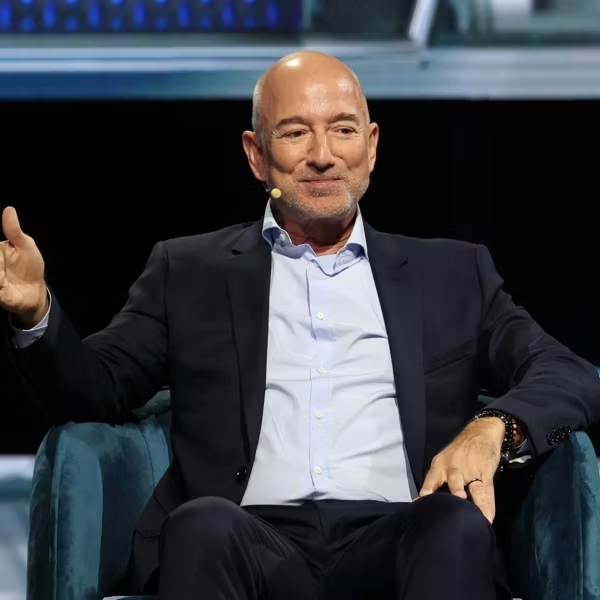As Americans put the finishing touches on their taxes, it's a good time to look at the taxes highly profitable U.S. corporations don't pay.
Even though corporations are still in the process of reporting their 2015 CEO compensation, filings to date reveal that more than 60 Fortune 500 corporations paid their CEOs more than they paid in federal corporate income taxes.
"These companies reflect the rampant practice among large U.S. corporations of avoiding taxes, leaving ordinary American families to pick up the tab."
Five of these firms stand out as recipients of major government contracts and bailouts. In other words, they're double-dipping--taking taxpayer support while stiffing Uncle Sam at tax time.
HP Inc. (formerly Hewlett Packard), for example, pulled in $3.87 billion in federal contracts in 2015. Yet the company paid no taxes on its $373 million in U.S. pre-tax profits, and instead claimed $324 million in tax rebates from the IRS. The company paid its CEO, Meg Whitman, $17.1 million last year.
Johnson Controls pocketed more than $200 million in federal contracts and grants last year while at the same time busily working to abandon its status as a U.S. corporation for tax purposes. The auto parts maker has been pursuing a merger with a company based in low-tax Ireland, Tyco International, in a tax-dodging move known as a corporate "inversion." The Treasury Department recently announced new stricter rules to try to crack down on this behavior.
Still, even with its U.S. incorporation in force, Johnson Controls managed to claim a $477 million tax rebate on more than $1 billion in U.S. pre-tax profits last year. CEO Alex Molinaroli took home $22.7 million--double the $10.8 million median for large company CEOs, according to the Wall Street Journal.
Nearly 30 percent of hospital operator Tenet Healthcare's revenue last year came from Medicare and Medicaid, federal and state government programs to assist seniors and the poor. Yet Tenet paid no federal corporate income taxes on its $144 million of pre-tax profits last year, instead claiming a $2 million rebate. The company paid its CEO Trevor Fetter $15.3 million in 2015.
In 2008, Wall Street investment bank Morgan Stanley needed $107 billion in loans from the Federal Reserve to keep it afloat, the largest bailout of any U.S. bank. Now that the bank has returned to profitability, it's still not contributing to public coffers. In 2015, despite a very healthy $5.4 billion in U.S. pre-tax profits, Morgan Stanley got $604 million back from the federal government. They paid CEO James Gorman $22.1 million last year.
IBM received $1.35 billion in taxpayer-funded contracts in 2015. But the company paid no taxes (instead claiming a $321 million IRS rebate) despite earning $5.9 billion in U.S. pre-tax profits for its shareholders. IBM has $68.1 billion in profits stashed offshore, beyond the reach of U.S. tax collectors. CEO Ginni Rometty walked away with a $19.8 million pay package last year.
These companies reflect the rampant practice among large U.S. corporations of avoiding taxes, leaving ordinary American families to pick up the tab. Last year, U.S corporations paid $344 billion in federal corporate income taxes, just 16 percent of their combined $2.5 trillion in pre-tax corporate profits reported.
U.S. corporate income tax collections rose 6 percent from 2014, but were down 19 percent from pre-recession levels, on an inflation-adjusted basis. By contrast, U.S. individual taxpayers and their families paid $1.54 trillion in income taxes in 2015--four and a half times more than profitable corporations paid to support the common good.
It's outrageous when any corporation avoids paying its fair share of the publicly provided services and investments they rely on for their business success. It's even more outrageous when corporations that are the recipients of major government contracts and taxpayer bailouts tap the public purse without refilling it on tax day.



